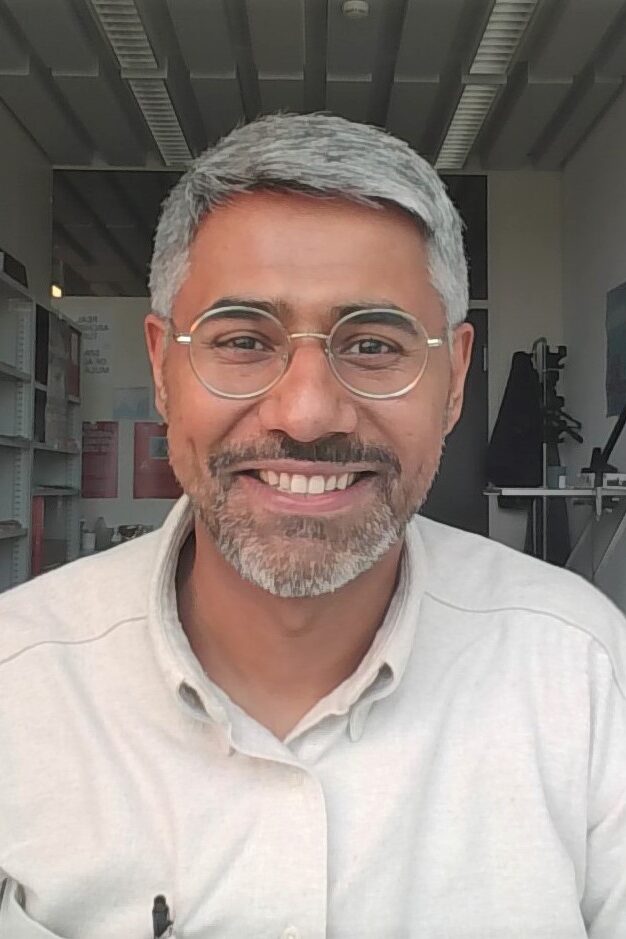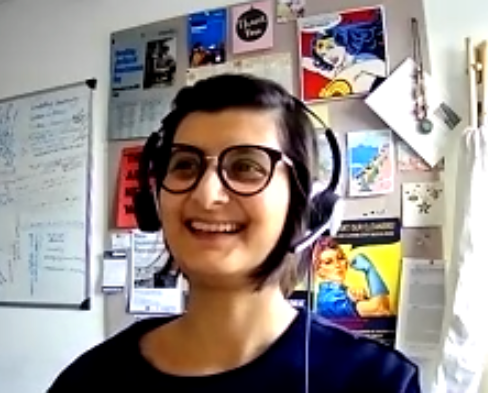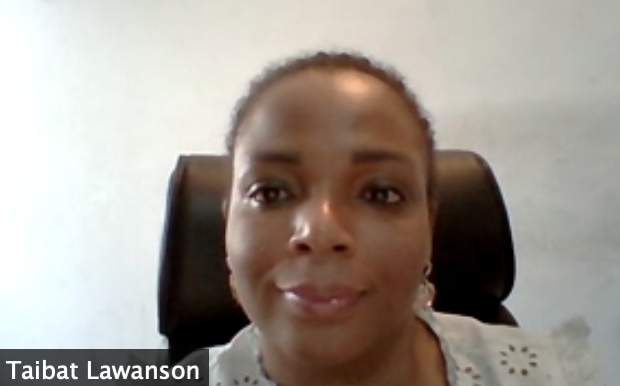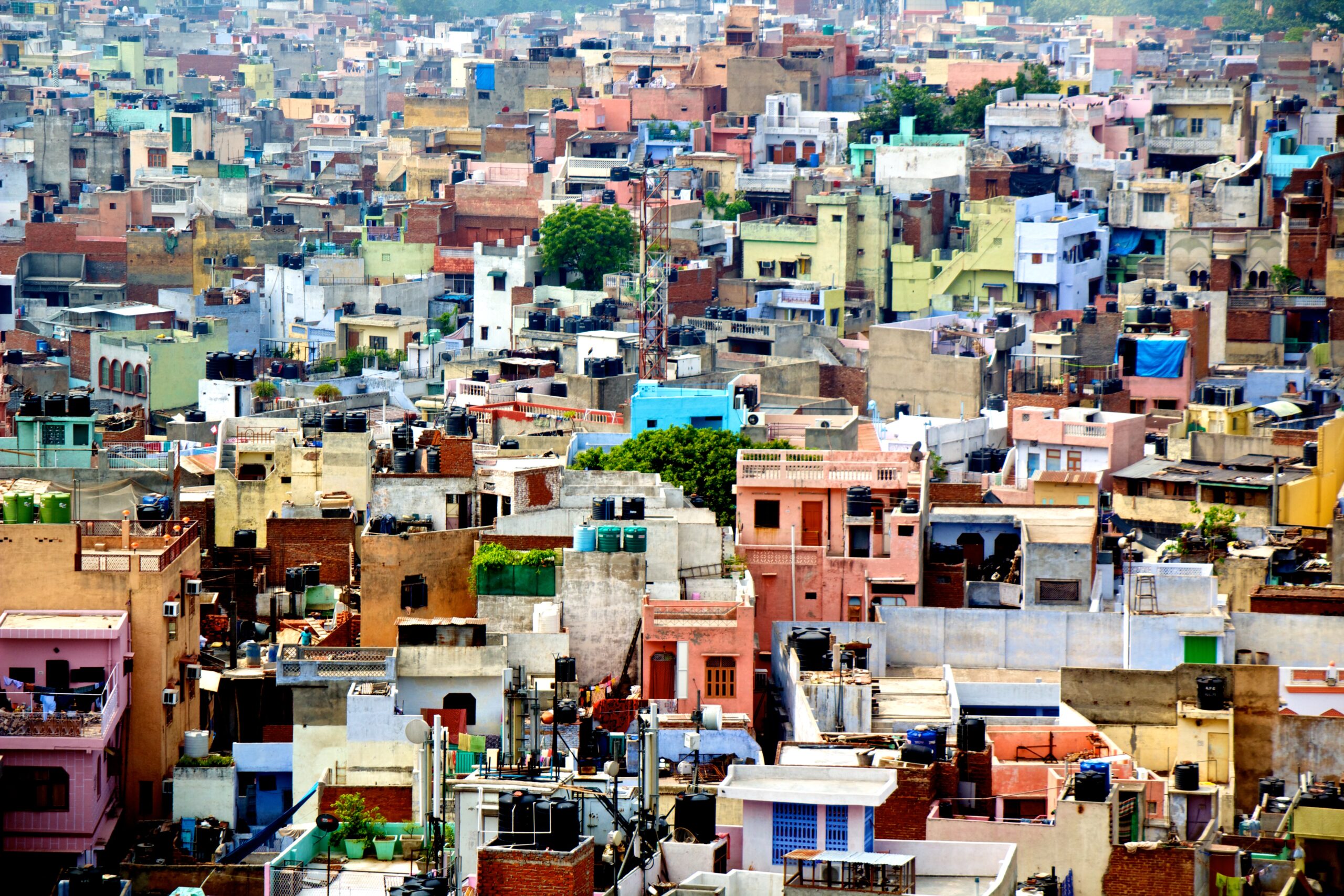Throughout the global south, many urban regions have become massive. In the familiar renditions of this notion, urban regions, mushrooming in population and spatial footprints, teeter close to chaos, environmental disaster, and ungovernability. Populations are being reshuffled, moved from one area to the other, something which an extensive landscape of built projects that never really worked has allowed as buildings are repurposed for other uses as they also take advantage of contiguities with new developments—sub-cities, new industrial zones and logistical centres. The sheer heterogeneity of developments at all scales, from thousands of small developers to large real estate corporations have equipped regions with a large volume of warehouses, housing estates, mega residential developments, industrial zones, commercial centres, and small enterprise districts that either never got off the ground, only partially fulfilled the intended functions or rates of occupancy, or quickly fell apart.
When these “projects” are coupled with large swathes of squatter settlements, temporary migrant housing, and the conversion of older residential neighbourhoods into mass boarding houses, it is possible to grasp the extensiveness of a circulating population that anchors residency across multiple tenuous residencies, remains completely unanchored in serial short terms occupancies, or is continuously displaced as a function of different instantiations of urban renewal, the migration of employment opportunities, or an increasingly opportunistic-cantered sensibility of residents themselves. Yet, massiveness may be the very thing that provides a kind of “safety net.” All kinds of discrepant environments become momentary bastions of largely improvised collectivity, where people try to make some functional use of each other without any pretence of long-term commitments. Momentary, sporadic, and makeshift become the defining metaphors of many collective formations.
In this episode, AbdouMaliq Simone invites the four participants to reflect on Delhi (Nitin Bathla), Karachi (Sobia Ahmad Kader), Lagos (Taibat Lawanson), and Manila (Kristian Saguin) by addressing these questions: 1. What is it particularly about your cities which seems at times too complex, too all over the place, too difficult to understand with the tool boxes that we have? 2. You have all been involved in attempting to do things in your cities—either in terms of advocacy, community planning, public policy, project development. Can you talk about what you have learned through this process, and how this new learning might be translated into action? 3. In terms of the urban challenges as you understand them, and the complexities of the regions you inhabit, what do you think constitutes viable political experiments, particularly those addressed to issues of spatial justice, economic precarity, and social marginalization?
Moderator

AbdouMaliq Simone
AbdouMaliq is an urbanist with an abiding interest in the spatial and social compositions of urban regions. He is a research associate at the Max Planck Institute for the Study of Religious and Ethnic Diversity, visiting professor of sociology at Goldsmiths College, University of London, visiting professor at the African Centre for Cities, University of Cape Town, research associate with the Rujak Center for Urban Studies in Jakarta, and research fellow at the University of Tarumanagara. For three decades, AbdouMaliq has worked with practices of social interchange, technical arrangements, local economy, and the constitution of power relations that affect how heterogeneous cities are lived. He has worked on remaking municipal systems, training local government personnel, designing collaborative partnerships among technicians, residents, artists, and politicians. The focus of these efforts has to been to build viable institutions capable of engaging with the complexities of life across the so-called “majority world.” His work deals with a multiplicity of propositions and capacities for relationships that remain untapped in popular districts across urban Asia and Africa, even though they are deployed everyday under the rubric of “popular economies.” https://urbaninstitute.group.shef.ac.uk/who-we-are/abdoumaliq-simone/
Participants

Dr. Kristian Saguin
Dr. Saguin is an Associate Professor at the Department of Geography, College of Social Sciences and Philosophy, University of the Philippines. His interests lie in political ecology, urban political ecology, aquaculture and fisheries, urban studies, agrarian studies https://pages.upd.edu.ph/kcsaguin/home

Nitin Bathla
Nitin Bathla is an architect, artist, and educator currently pursuing final year of Doctoral Studies at ETH Zurich. He is a visiting fellow at the Humboldt University through the SNF Mobility fellowship program. His research focuses on labor migration, land ecology, and housing in the extended urban region of Delhi. Aside from academic writing, Nitin works on films, community art , and social design projects. https://www.nitinbathla.com

Dr. Sobia Ahmad Kaker
Dr. Sobia Ahmad Kaker is a Lecturer at the Department of Sociology at Goldsmiths, University of London. She is an interdisciplinary urban studies scholar, interested in the everyday, lived experiences of insecurity and uncertainty in global south cities. Sobia follows an ethnographic, postcolonial, and contextual approach to study socio-political and socio-spatial strategies adopted by urban residents to mitigate intersecting urban insecurities and uncertainties. Her broader research interests include fear of crime, urban violence, securitisation, infrastructure, citizenship and inequality. Sobia’s primary empirical focus is on Pakistani cities, though she maintains a keen interest in broader urban geographies.https://www.gold.ac.uk/sociology/staff/kaker-sobia-ahmad/

Dr. Taibat Lawanson
Dr. Lawanson – is an Associate Professor of Urban Planning at the Faculty of Environmental Sciences, University of Lagos, Nigeria. Over the past fifteen years, she has taught courses relating to informality, municipal development and urban management. Currently she leads the Pro-Poor Development Research Group at the University. She has published extensively on urban poverty, informality, environmental justice and pro-poor development in Lagos. She is interested in how formal and informal systems can synthesize in African urban contexts. https://www.urban-design.tu-berlin.de/taibat-lawanson
Picture Credit: Old Delhi from Jama Masjid mosque minaret by José Antonio Morcillo Valenciano (CC BY 2.0)

